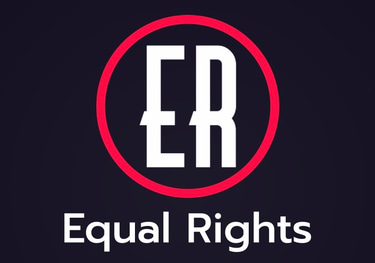Delving Deeper into Arguments in Favor of Mandatory Voting
Kylo B
5/4/2024
Delving Deeper into Arguments in Favor of Mandatory Voting
Mandatory voting, or compulsory voting, is a policy requiring eligible citizens to participate in elections under penalty of law.
Proponents of mandatory voting present compelling arguments for its implementation, emphasizing its potential to enhance democratic participation, civic responsibility, and the legitimacy of elected governments.
This article explores in-depth the key arguments supporting mandatory voting and their implications for democratic governance.
1. Enhancing Democratic Participation
Proponents argue that mandatory voting is essential for enhancing democratic participation by increasing voter turnout. The rationale behind this argument includes:
Broader Representation: Higher voter turnout ensures a more diverse and representative electorate, reflecting the full spectrum of societal interests and preferences.
Legitimacy of Elections: Increased voter turnout enhances the legitimacy of electoral outcomes and elected officials, as they are more likely to reflect the will of the entire population rather than a subset of motivated voters.
Political Engagement: Mandatory voting fosters a sense of civic duty and encourages citizens to engage with political issues, fostering a more informed and participatory electorate.
2. Civic Duty & Responsibility
Voting is often viewed as a fundamental civic duty and responsibility of citizenship. Proponents argue that mandatory voting reinforces this civic obligation and promotes collective decision-making:
Social Cohesion: Voting is essential for promoting social cohesion and shared responsibility in a democratic society, emphasizing the importance of individual contributions to collective governance.
Preserving Democracy: Participating in elections is a fundamental aspect of democracy, enabling citizens to have a direct say in shaping the policies and direction of their government.
Inclusive Representation: Mandatory voting ensures that all eligible citizens have a stake in the democratic process, regardless of their socioeconomic background or level of political engagement.
3. Reducing Socioeconomic Bias
One of the key advantages of mandatory voting is its potential to reduce disparities in voter turnout based on socioeconomic status:
Equitable Representation: Mandatory voting helps mitigate the influence of wealth and social privilege on electoral outcomes, ensuring that the voices of all segments of society are heard and represented.
Empowering Marginalized Groups: By encouraging broader participation, mandatory voting empowers marginalized and underrepresented groups to have a stronger voice in the political process.
4. Strengthening Democracy
Mandatory voting fosters a culture of democratic participation and engagement among citizens:
Political Education: Mandatory voting encourages citizens to become more informed about political issues and policies, leading to a more knowledgeable electorate.
Accountability: Higher voter turnout holds elected officials more accountable to the electorate, as they are more responsive to the broader spectrum of public opinion and preferences.
5. Legitimacy of Government
Proponents argue that mandatory voting enhances the legitimacy of elected governments and democratic institutions:
Reflecting National Will: Higher voter turnout reflects broader societal preferences and interests, providing a more accurate representation of the national will.
Stability & Trust: Governments elected with higher voter turnout are perceived as more stable and trustworthy, contributing to public confidence in democratic processes.
The arguments in favor of mandatory voting highlight its potential to strengthen democratic governance by promoting broader participation, civic responsibility, and equitable representation.
Proponents argue that mandatory voting is not only a civic duty but also a practical necessity for ensuring the legitimacy and effectiveness of democratic institutions.
However, the implementation of mandatory voting raises important questions about individual freedom, enforcement mechanisms, and unintended consequences.
By engaging with these arguments and considerations, policymakers and citizens can contribute to informed debates about the role of mandatory voting in fostering a vibrant and inclusive democracy.
